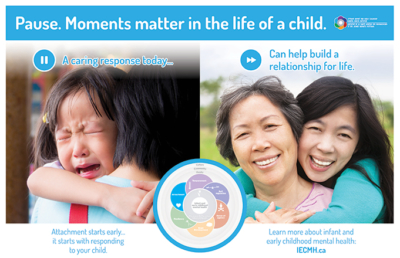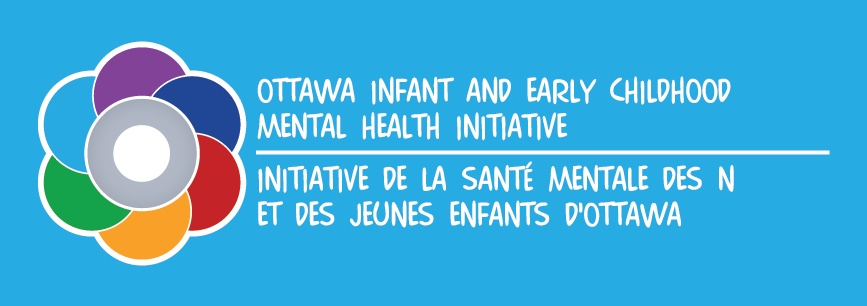Imagine if you are a child who can’t recognize or express emotions like an adult. Throwing a tantrum, refusing to eat, or not being able to sleep might be how you express anxiety or stress. Parents, caregivers, and professionals who understand and can spot certain behaviours within the first six years, are more likely able to prevent the escalation of anxiety or stress and promote a child’s mental health.
Over the past decade, our conversations about mental health issues have been generally more open thanks to awareness campaigns and news stories; however, during this time, 25% of Ottawa children have been consistently entering school with developmental vulnerabilities. Furthermore, the Children’s Hospital of Eastern Ontario has noted a 75% increase in the number of mental health emergency visits. These are two indications that, despite gains we’ve made in our day-to-day conversations, children are vulnerable to the impacts of mental health issues.
In 2018, donors at the Ottawa Community Foundation provided financial support to the Parent Resource Centre for their Infant and Early Childhood Mental Health Initiative.
The Initiative brings together close to 30 service providers with a common interest in building a system of care. A variety of materials are available including specific guides designed to support parents, caregivers, and professionals to help them model positive mental health behaviors and practices.
The guides cover topics such as attachment, resilience, sense of agency, self regulation, brain development, temperament, and perinatal and parental mental health. With this type of information, adults can ensure a healthy environment for infants within their home, families, and surroundings.

A series of posters offer concrete examples of positive behaviors and how they can make a difference in a child’s life.
“We know that parenting matters and it’s hard to raise a child,” said Joanne Boyd, who runs a local parent coaching consulting business. “Parents have questions about how to adjust their approach to match a child’s temperament.” The guides highlight examples of how to support a child in the moment.
Funds from the Ottawa Community Foundation are helping to translate and adapt the guides for parents, caregivers and professionals who speak French, Arabic, and Mandarin.
While community efforts to address mental health have focused on youth and adults, experts recognize the need to teach future and current caregivers and professionals about the challenges that young children face.
Visit the Infant and Early Childhood Mental Health Initiative for more information.
If you would like to learn more on how the Ottawa Community Foundation is helping build a stronger community, sign up to receive our updates.
1. Millar, C., Lafrenière, A., Lebreton, J., de Quimper, C. (2016). Our Kids, Their Story…Snapshot of Developmental Health at School Entry in Ottawa 2005-2015. Data Analysis Coordinators, Parent Resource Centre, Ottawa, ON. 49pp + 4pp
2. The Young Minds Partnership: CHEO & Royal Ottawa Hospital (2015), Strategic Plan 2015-2020. Retrieved May 9, 2019 from https://www.cheo.on.ca/en/MH-strategic-plan

